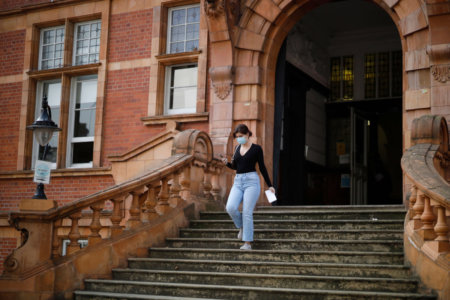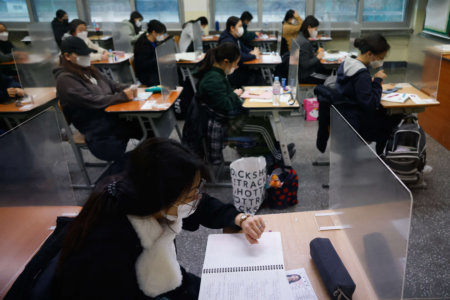
Have you received your Cambridge O Level results but feel unsatisfied with the grades awarded? Whether your results meant that you had failed to meet the entry requirements to get into a specific college or stream, or a grade threshold prevented you from receiving a higher grade, there are ways to navigate this issue.
Due to the pandemic, students in certain countries were unable to sit for the O level last year. For the June 2021 series, Cambridge has switched to a school assessment approach for students in countries where exams cannot go ahead. For these students, grading involves looking at the June 2021 school-assessed grades, comparing it to their June 2019 grades (last examined results) and measuring the average change to the grading standard across all benchmark centres. Learn more in the video below.
Why are O Level results important in 2021?
Before we get into appealing your O Level results, it is beneficial to understand the role of your grades in 2021. Obtaining good O Level results can help you secure a scholarship and gain admissions into your dream university. You may be wondering how your marks are obtained in the first place.
Some exams are marked on paper by an experienced teacher, while others (particularly multiple-choice exams) are marked by a computer. Examiners follow a scheme to standardise grading for all students. Examiners, too, are being monitored by senior examiners to ensure consistency.
How are marks turned into grades?
It’s based on grade boundaries — the minimum marks you need to achieve a grade. This ensures the grades afforded are suitable to the exam, regardless of how difficult it is compared to previous years.
According to Cambridge International, there are three stages to obtaining a student’s grade. First, examiners mark each component of the paper. Then, they add up the marks with coursework or any other weighting, to get your overall syllabus mark. Finally, examiners compare your mark to the grade threshold for that subject and obtain your final grade.
Congratulations to students around the world receiving A Level, GCSE, Cambridge Nationals, Cambridge Technicals, Cambridge International AS & A Level, IGCSE, Cambridge O Level and other results this week! @CambridgeInt @ocrexams pic.twitter.com/BmPKFaDVQb
— Cambridge University Press & Assessment (@CambPressAssess) August 9, 2021
Who can help you appeal?
Cambridge International’s official advice to students is: “If you have questions about your grade, talk to your school first who will be able to advise you.” If your teacher believes you deserve a higher grade based on your performance in their class, they will help you appeal a grade.
If your results are based on school assessment, you can check and appeal at a Cambridge centre. Cambridge only runs post-results checks that are submitted to its centres, and will not accept direct requests from parents, legal guardians or candidates.
Cambridge states: “A centre must be prepared to submit a request on behalf of a parent, legal guardian or candidate even if the centre does not have concerns about the grade awarded.”
There are three possible outcomes from a review request. One: a marking error is identified, and your grade is changed. Two: you are reviewed on an individual basis by a specialist, who compares your grade to your portfolio. Three: a total review of Quality Assurance decision, which only takes place for entire cohorts.
How to appeal your O Level results
Once an enquiry has been filed for a subjective paper, a senior examiner must review the marking. They will then state whether or not they agree with the previous examiner’s marking. Cambridge promises: “If the reviewing examiner disagrees with the original examiner’s marks, we review the level of difference between the marks given.”
Ultimately, it is up to the senior examiner reviewing your paper. If they give you a higher mark, your grade will be amended accordingly. If they give you a lower mark, your grade will not change.
If you and your parents or teachers are still not satisfied with a revised grade, you can appeal for a second-stage review by an independent, non-Cambridge panel. You will be required to pay an administrative fee at this point, but Cambridge will not charge the fee if your enquiry leads to a changed grade. Click here for details.










